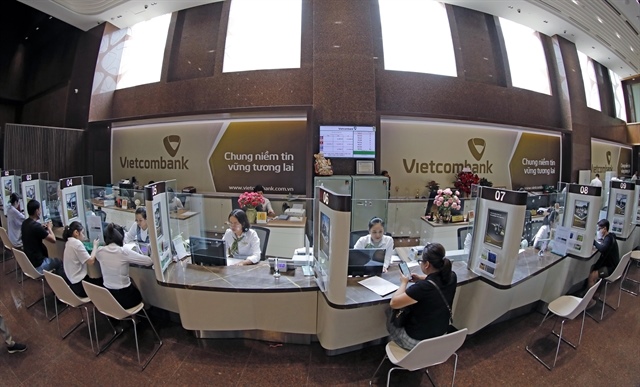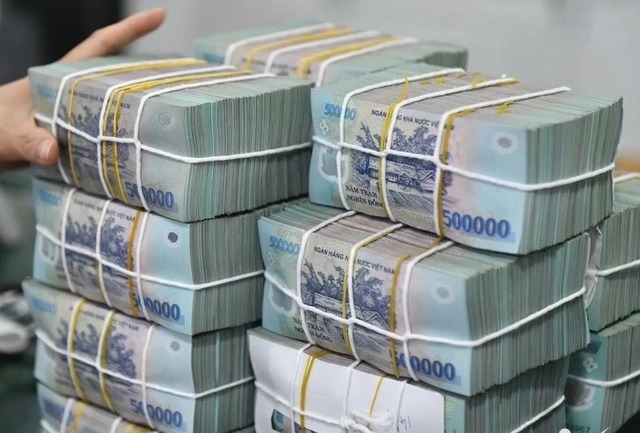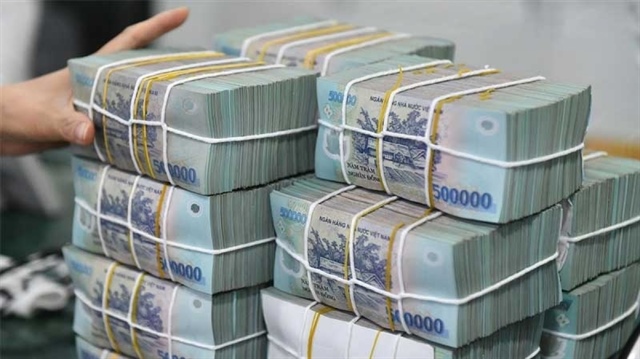Inflation decrease raises worry about weak demand
Inflation decrease raises worry about weak demand
The reported inflation decrease in March turns out to be not the good news at all. This, in the eyes of businesses, means the low market demand and the unsalability of goods.

The CPI decrease of 0.19 percent in March was explained by state management agencies as a “normal thing.” March is the month coming after the Tet holiday, where prices decreased after increasing sharply on the Tet month due to the high demand.
However, experts said this year March’s CPI does not come in line with the economic laws, emphasizing that the sharp CPI fall is worth worrying.
The low CPI could be seen as a proof for the low purchasing power, unsalability of goods, high inventories and the continued production stagnation.
Experts have also pointed out that the business confidence is now very weak, which has had big negative impacts on the consumption. Even the people with powerful financial capability also hesitate to make investment, thus leading to the production stagnation.
The purchasing power can be seen in the total goods retailing and service turnover. The index, if excluding the price increases, showed the modest increase of 3.6 percent in the first 2 months of the year in comparison with the same period of 2012, the rarely seen low increase over the last many years.
The production stagnation has led to the higher unemployment rate. A lot of workers have lost their jobs or have to undertake other jobs with lower income, which has led to the lower demand.
This has immediately had impacts on the market. Automobile, motorbike, steel, building materials, clothes and footwear, cosmetics and consumer goods manufacturers all have reported the dramatic sharp falls in sales.
The implemented state’s investment has been going very slowly with only 10.5 percent of yearly plan having been fulfilled, a sharp decrease of 8.1 percent in comparison with the same period of the last year.
The capital from the private economic sector has also reportedly decreased with the number of newly set up businesses lower than the dissolved ones (8,000 vs. 8,600). Meanwhile, the existing businesses tend to scale down their production because of the high inventories.
Bui Kien Thanh, a well-known economist, said the CPI decrease shows the high possibility of the government to curb the inflation this year. This would also bring the opportunities to slash the lending interest rates and make it easier for businesses to access bank loans.
The lending interest rates have been staying firmly high at 15-25 percent since 2008, unbearable to any businesses. Therefore, any signs of the interest rate reductions would be applauded by the business circle.
However, the low market demand, which leads to the goods unsalability would keep businesses in big difficulties. The enterprises now struggle to clear their inventories to survive, while they don’t intend to expand production.
Therefore, the interest rate reductions may not have much significance to businesses, which don’t have the demand for loans. A lot of businesses are not eligible for loans because of their bad “profiles” with high unpaid debts and high inventories.
As such, the biggest problem for businesses now is not the high interest rates, but the lack of feasibility business plans.
This explains why the credit has been growing very slowly, though banks have slashed interest rates and launched preferential credit packages.
A report of the State Bank showed that by March 15, the outstanding loans growth rate had been minus 0.18 percent.
vietnamnet




























